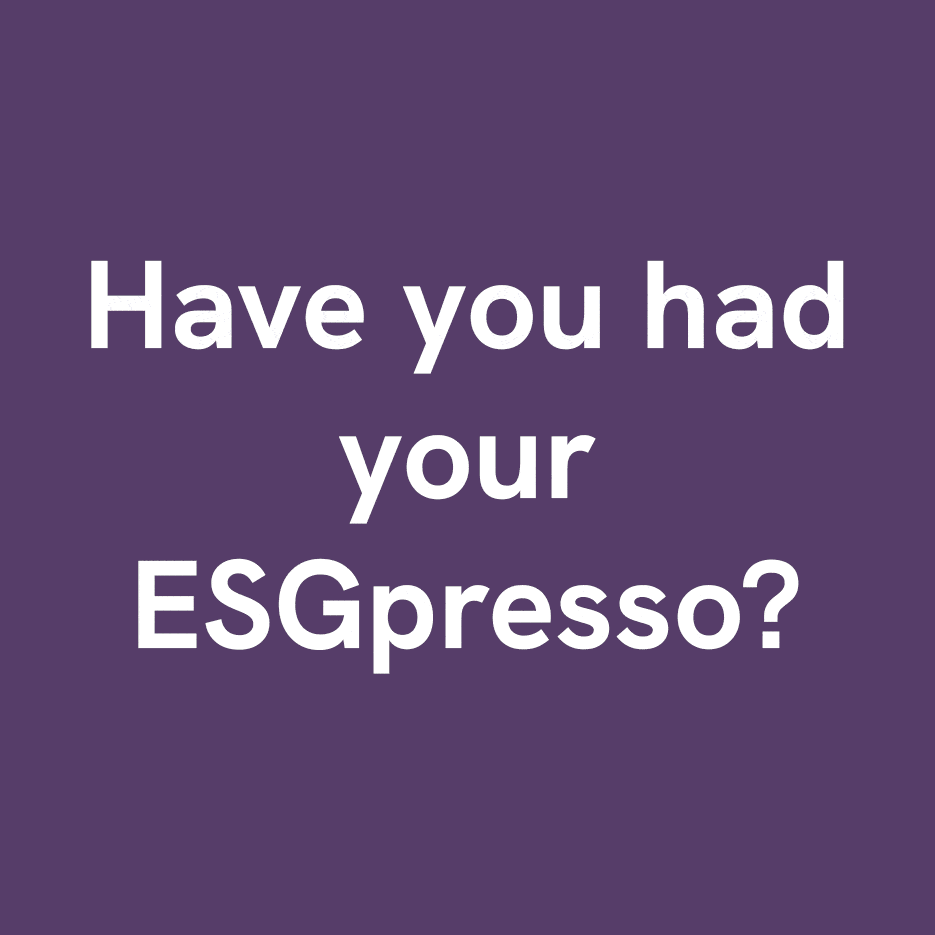Stockholm (NordSIP) – Following the European Commission’s Omnibus initiative to deliver a critical simplification to the European Sustainability Reporting Standards (ESRS) adopted in 2023, many official institutions and private organisations have attempted to navigate the European Commission’s changing focus.
As part of this process, and as per the European Commission’s formal request to the European Financial Reporting Advisory Group (EFRAG) in March 2025, EFRAG has now published revised and simplified Exposure Drafts of the European Sustainability Reporting Standards (ESRS). To ensure its advice is as grounded on the industry’s experience as possible, EFRAG is also launching a 60-day consultation to gather feedback from stakeholders across the EU corporate reporting ecosystem.
Revised ESRS Exposure Drafts
The goal of this effort is to make sustainability reporting under the Corporate Sustainability Reporting Directive (CSRD) more manageable while preserving its relevance and alignment with the European Green Deal.
“EFRAG is fully aligned with the strategic vision set out by the European Commission. These revisions aim to deliver what Europe needs at this moment: a more focused, more usable sustainability reporting system that remains ambitious but does not overburden companies. Capitalising on effective experience, this is about making ESRS a more workable reality—so that sustainability reporting supports, rather than hinders, resilience, investment, and long-term value creation,” says Patrick de Cambourg, Chair of the EFRAG Sustainability Reporting Board.
In total, EFRAG’s recommendations cut mandatory datapoints by 57% and reduce the full set of mandatory and voluntary disclosures by 68%. The overall length of the standards has been shortened by over 55%. EFRAG argues that these changes will make the ESRS “more accessible and implementable, especially for companies that will be in the scope of the CSRD.”
Public Consultation Now Open
The public consultation based on EFRAG’s proposals runs from 31 July to 29 September 2025. Stakeholders, including preparers, auditors, civil society, investors, and national authorities, are invited to review the revised drafts and share their views.
To support robust dialogue, EFRAG will organise or co-organise outreach events throughout September and October, gathering further feedback ahead of its final technical advice to the European Commission, due by 30 November 2025.
“The Exposure Drafts that we put in consultation today are the result of an intense period of input gathering and internal discussions. Thanks to the extensive dialogue we have had over the past few months with all the interested stakeholders, we could base the simplification of the ESRS on the lessons learnt in their application. We focused our effort in the short timeframe available on the most pressing issues. We now look forward to continuing this dialogue and receiving the comments of our stakeholders on what we propose,” adds Chiara Del Prete, Chair of the EFRAG Sustainability Reporting Technical Expert Group.




